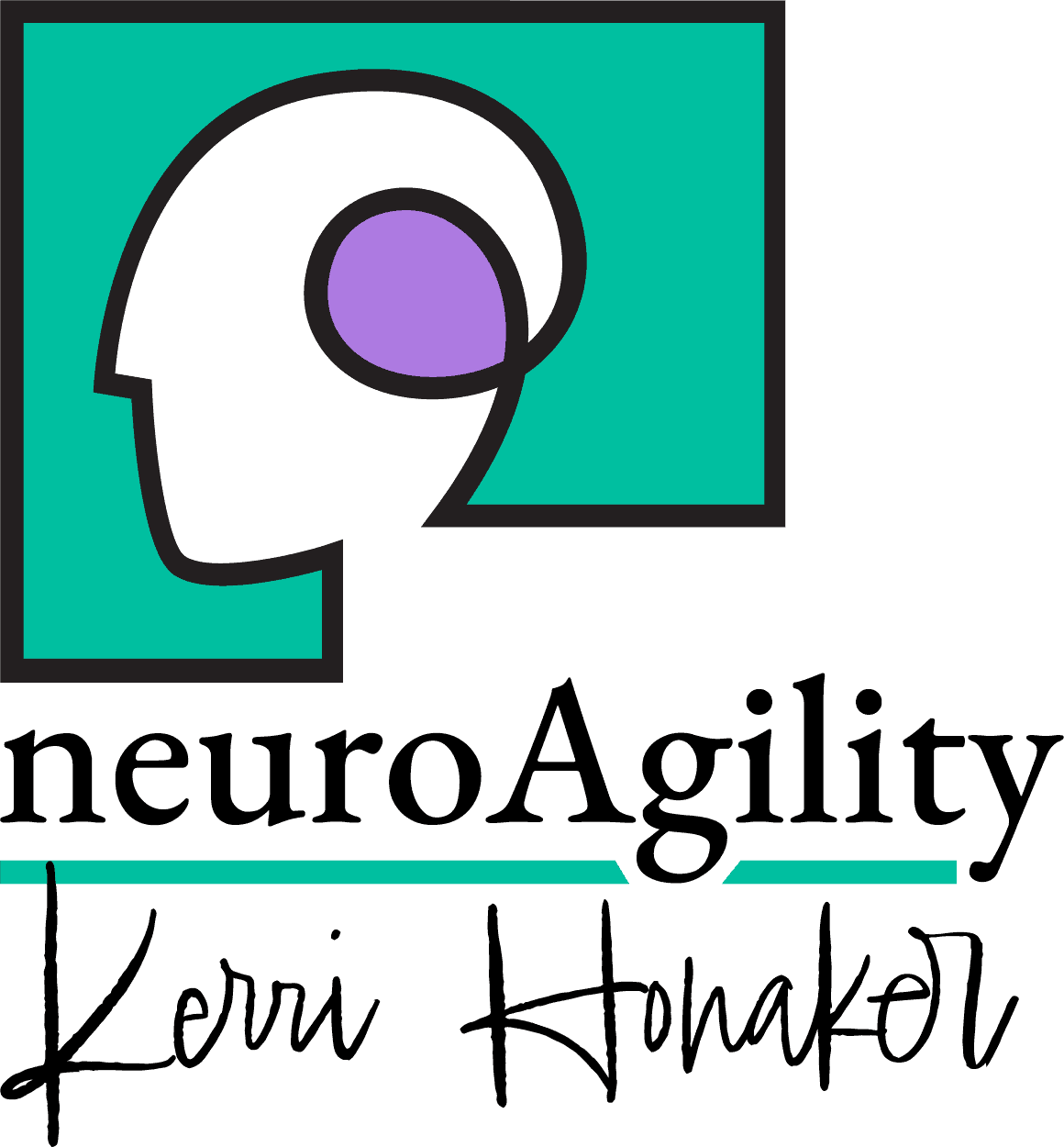At neuroAgility, we are committed to providing targeted support for mental health, cognitive function, and emotional well-being.
Each program is tailored to meet the unique needs of our clients, offering personalized neurofeedback protocols to promote healing, resilience, and self-mastery. Our approach integrates the latest in qEEG brain mapping, advanced neurofeedback technology, and supportive therapeutic techniques to help individuals and families regain control over their lives.
Neurodivergent Populations
nA specializes in working with neurodivergent populations. Whether neurodivergent or neurotypical, training your brain to perform more efficiently is our goal.

ADD & ADHD in Adults and Youth
Attention Deficit Disorder (ADD) and Attention Deficit Hyperactivity Disorder (ADHD) can interfere with focus, organization, and emotional regulation. Through neurofeedback, we help both children and adults strengthen their attention span, reduce impulsivity, and build cognitive flexibility. Our goal is to support improved performance at work, school, and in daily life. Since 2012, the American Academy of Pediatrics ranks neurofeedback as the same efficacy as medication for ADHD/ADD.
Brain Injury (mTBI)
Mild Traumatic Brain Injury (mTBI) often leads to issues with memory, mood stability, and attention. Our neurofeedback protocols are customized based on each individual’s brain map, supporting the recovery of cognitive function and emotional balance. With consistent training, neurofeedback can help rehabilitate and reduce the lingering effects of brain injury.
Anxiety and Mood Regulation
Anxiety can have a profound impact on overall well-being, affecting both personal and professional life. Neurofeedback helps individuals gain mastery over their anxiety by training the brain to manage stress responses more effectively. With this technique, clients can experience increased calmness, better sleep, and a greater sense of control over their emotions.

Autism Spectrum Disorder / Asperger’s
For individuals on the autism spectrum, neurofeedback can enhance focus, emotional regulation, and social engagement. Our programs are designed to improve cognitive flexibility and strengthen areas of the brain associated with communication and emotional processing, creating positive impacts in daily interactions and relationships.
Seizure Disorders
Seizure disorders often affect many aspects of life, including cognitive function, mood, and quality of life. While not a replacement for medical treatment, neurofeedback has shown promising results in helping individuals manage seizure activity. By training the brain to stabilize electrical patterns, neurofeedback can support better control and contribute to an improved sense of well-being. Neurofeedback was brought into being, because of its success with seizures. That is where this field has its origins.
Post-Traumatic Stress Disorder (PTSD)
PTSD affects veterans, first responders, and others who have experienced traumatic events, impacting memory, emotional regulation, and overall mental health. In fact, PTSD happens all the time, it can be from not being able to pay attention at a young age, to having seizures, to car accidents. Neurofeedback can help retrain the brain to reduces stress responses (fight, flight, freeze), fostering resilience and enhancing emotional stability and flexibility.
Sleep Disorders
Sleep is essential to mental and physical health, yet many struggle with issues like insomnia, sleep apnea, or inconsistent sleep cycles. Neurofeedback supports better sleep by promoting relaxation and retraining the brain’s electrical pattern. Through targeted training, clients can experience deeper, more restorative sleep and an improved quality of life.

Performance Enhancement
Neurofeedback is not limited to those with clinical diagnoses; it’s also an effective tool for individuals looking to enhance mental clarity, focus, and performance. We offer specialized programs for athletes, industry leaders, and performers to help them achieve peak cognitive functioning, manage stress, and gain a competitive edge.
Family Support & Integration
Mental health challenges often impact the entire family system. We are always encouraging our clients to be in supportive therapy. And educating folks that when one person changes, the whole system changes. The highest efficacy comes from the work on noticing the changes, and rewarding them!

Our approach allows us to address each struggle with compassion, expertise, and a dedication to results. Whether you’re seeking support for something specific or simply aiming to improve focus and performance, neuroAgility is here to help you achieve greater mental wellness and resilience.
